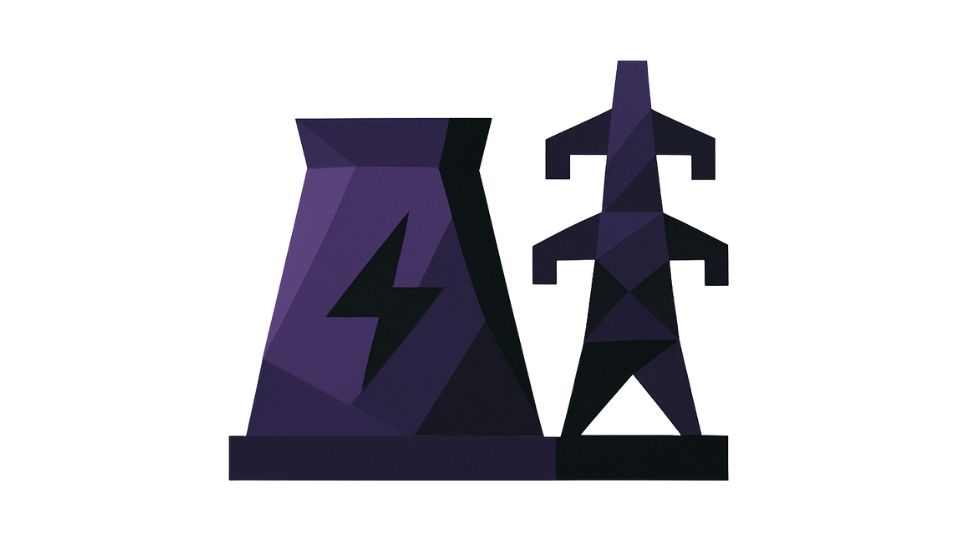Russian energy giant Lukoil has ceased all operations at Iraq’s West Qurna-2 oilfield and declared force majeure, a direct consequence of escalating international sanctions against Moscow.
The move, reported by Reuters and subsequently by The Moscow Times on November 10, 2025, signifies a significant withdrawal from a key international project that had been a cornerstone of Lukoil’s overseas portfolio. This declaration effectively relieves the company of its contractual obligations due to unforeseen circumstances, highlighting the increasing reach and impact of geopolitical pressures on global energy supplies.
Sources familiar with the matter revealed that Lukoil informed the Iraqi oil ministry of its decision to halt crude oil production and fully exit the West Qurna-2 project. The Russian firm had been a major operator in the field, which is one of Iraq’s largest, producing hundreds of thousands of barrels of oil per day. The cessation of activities underscores the severe operational challenges faced by companies targeted by extensive international restrictions.
The declaration of force majeure is a legal clause allowing parties to avoid contractual obligations due to circumstances beyond their control, such as wars, natural disasters, or, in this case, international sanctions. This step typically occurs when external events make it impossible or impractical to fulfill the terms of an agreement, protecting the company from penalties for non-performance.
This development illustrates the deepening impact of global sanctions on Russian companies, compelling them to reassess and restructure their international engagements. The withdrawal from Iraq’s West Qurna-2 field is expected to necessitate adjustments in Iraq’s oil production strategy and potentially impact global crude supply dynamics, as other producers may need to fill the void.
The ongoing geopolitical landscape continues to reshape the operational strategies of major energy companies and influence the stability of international resource flows.

